- 74 Mount Street, Heidelberg, VIC, 3084
- Monday to Friday: 9am to 5pm
Acoustic Shock Treatment
-
DWM Audiology > Our Services > Acoustic Shock > Acoustic Shock Treatment
Evaluation and Management
At DWM Audiology, we provide unique expertise for acoustic shock patients, with the evaluation and management of this disorder.
Myriam Westcott is an internationally-recognised audiologist, leading the field in the provision of acoustic shock evaluation and therapy.
Philippa James specialises in hyperacusis, TTS and tinnitus evaluation and management, the dominant symptoms of acoustic shock disorder. Philippa trained under Myriam Westcott and has developed a similar clinical approach.
Our program involves:
- Diagnosis
- Hearing assessment
- Evaluation of the emotional impact
- Detailed and personalised explanations
- Detailed report
Diagnosis
A detailed medical history provides a definitive diagnosis of acoustic shock/acoustic shock disorder. As the symptoms are involuntary and subjective, evaluation and diagnosis is carefully considered for each patient.
Hearing Assessment
For patients with severe acoustic shock, many sounds are painful, potentially leading to a temporary exacerbation of their TTS symptoms. Additionally, patients with severe acoustic shock are often unable to tolerate anything placed in or over their ears without temporary exacerbation of their symptoms.
As a result, an audiological assessment requiring the patient to listen to sounds via headphones/earphones is threatening and can lead to a significant temporary increase in symptoms. This can be a traumatic experience for the patient if the acoustic incident was sustained via headphones or a headset.
Suprathreshold audiological testing, including loudness discomfort testing, and acoustic reflex testing should not be carried out with acoustic shock patients. An involuntary functional hearing loss emerging in the test condition is rare but not an unknown occurrence in these patients.
Evaluation of the Emotional Impact
As part of our program, we carry out an evaluation of the emotional impact of acoustic shock/acoustic shock disorder. This screens for clinically significant levels of depression, anxiety and post traumatic stress disorder or trauma reaction.
Detailed and Personalised Explanations
Acoustic shock patients are often bewildered and distressed by their symptoms. To provide understanding and reassurance, a detailed explanation of acoustic shock is provided to our patients. This includes a personalised explanation of:
- The peripheral and central auditory system, including TTS
- Hearing test results
- The neurophysiological basis of hyperacusis and tinnitus-related distress.
Detailed Report
A detailed report is provided when acoustic shock/acoustic shock disorder has been evaluated. This will include:
- Fitness for workplace duties
- Recommendations for a personalised rehabilitation program
- Onward referral for further evaluation and management of medical and psychological symptoms as required.
Acoustic Shock Disorder Rehabilitation
Symptoms are managed as follows:
- We provide therapy for the dominant symptoms of tinnitus and hyperacusis
- We provide audiological management of hearing loss, including hearing aid fitting if required
- We recommend medical management of symptoms such as pain and vertigo
- We provide management of psychological symptoms. These can include stress and sleep management strategies; and the personalised development of cognitive behavioural strategies to manage auditory hypervigilance. For severe acoustic shock disorder, psychological/psychiatric evaluation and treatment for anxiety, depression and post traumatic stress disorder may be required and referral will then be recommended.
Book an Appointment
Our Services
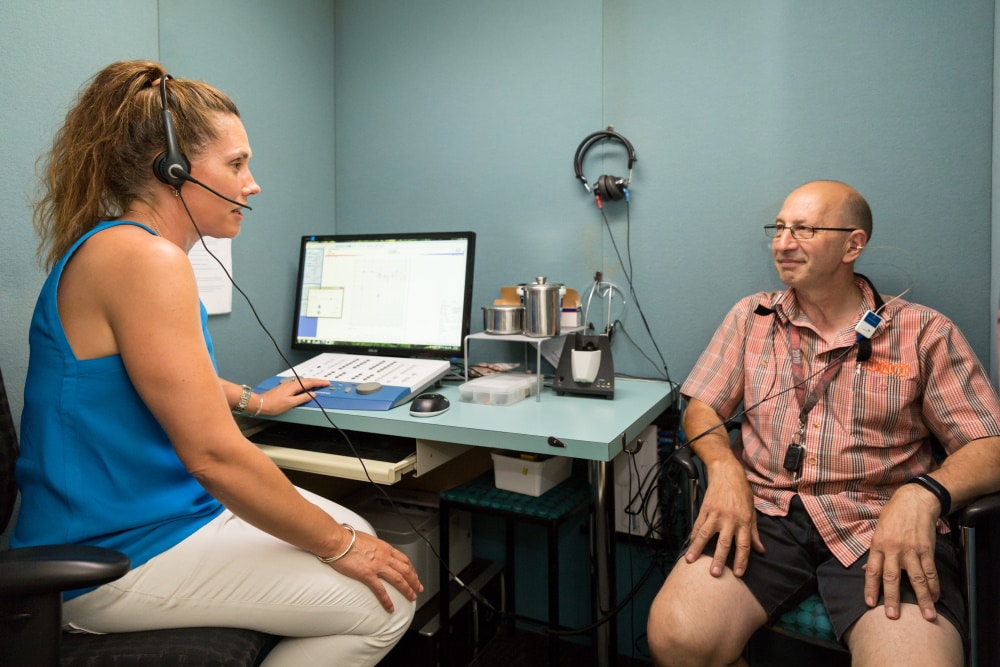
Hearing Tests for Adults
A reduced capacity to communicate has a significant impact on relationships, career opportunities, social connection, independent living and quality of life.
Read More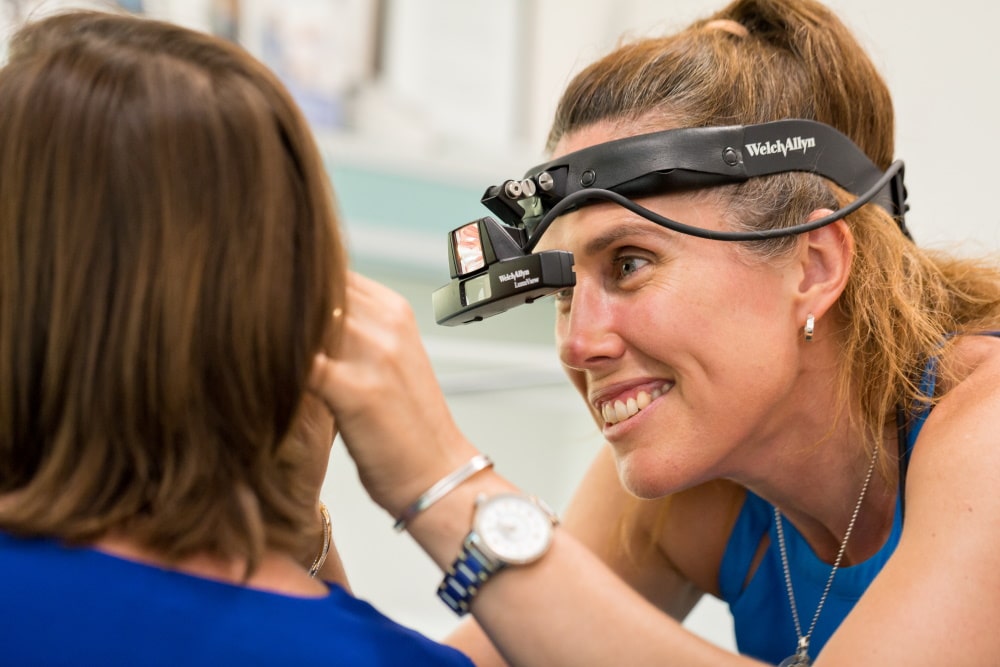
Do I Need A Hearing Aid?
We carry out a range of hearing tests that help determine whether you need a hearing aid.
Read More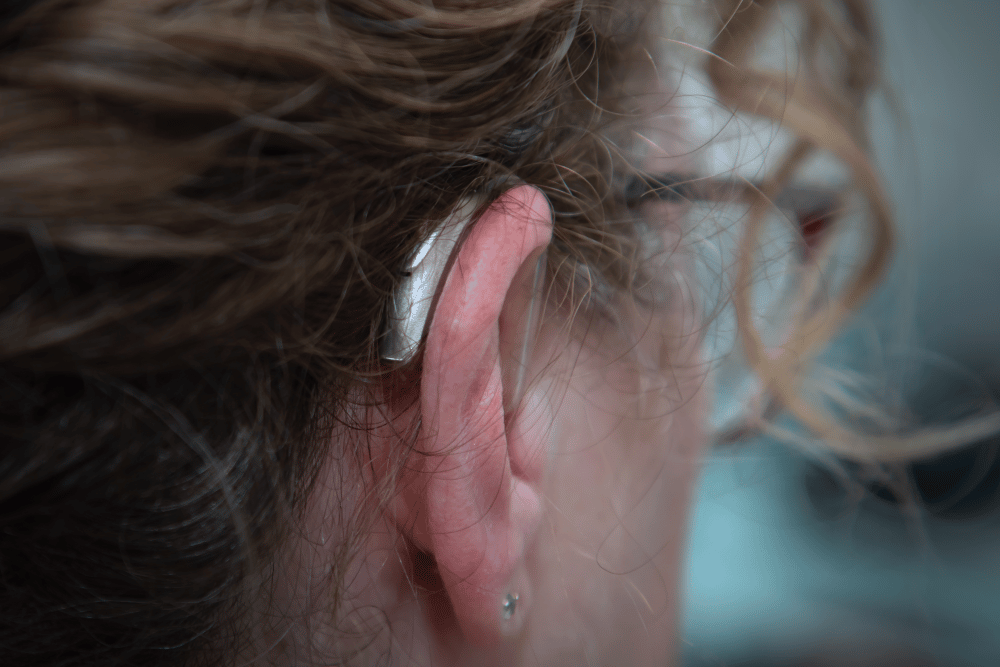
Choosing Hearing Aids
Hearing aids are available in three styles; BTE, RIC or are fully contained in the ear.
Read More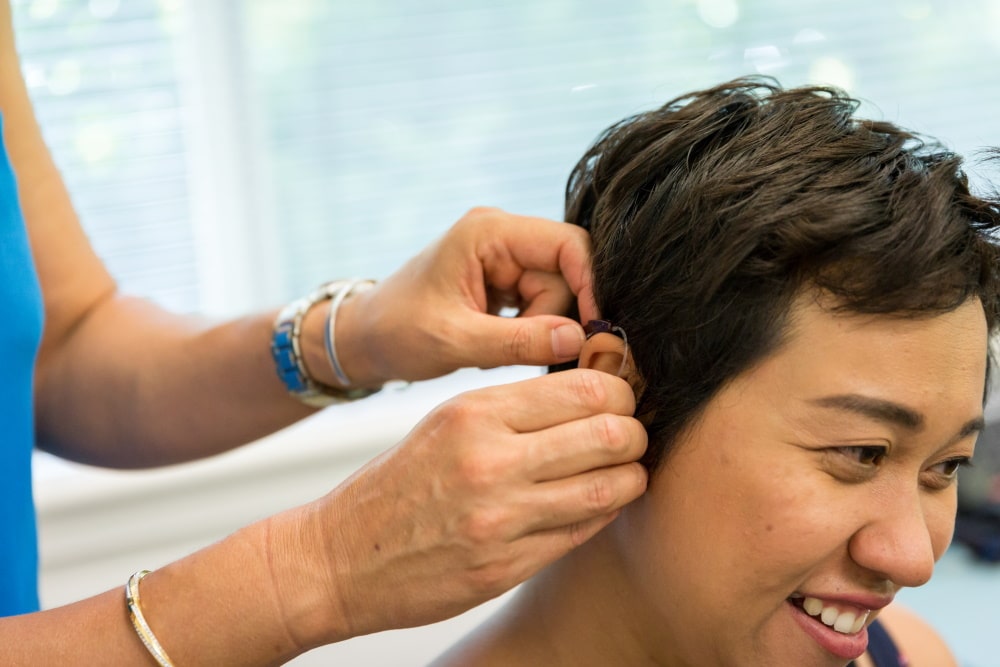
Getting Used To Hearing Aids
With new hearing aids your concept of “normal” hearing will need to be relearnt.
Read More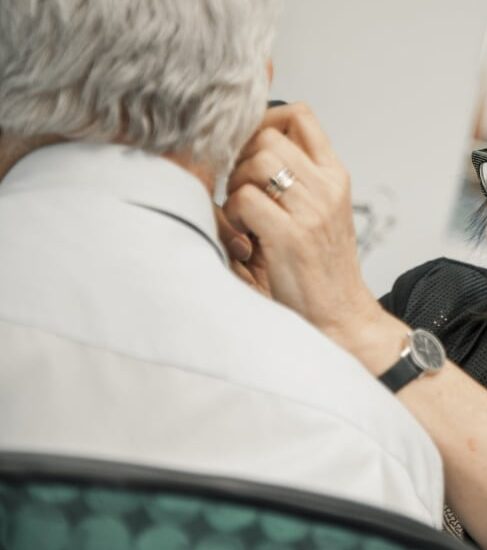
Fine-Tuning Hearing Aids
We have extensive training, experience and expertise in fine-tuning contemporary hearing aids to individual communication needs.
Read More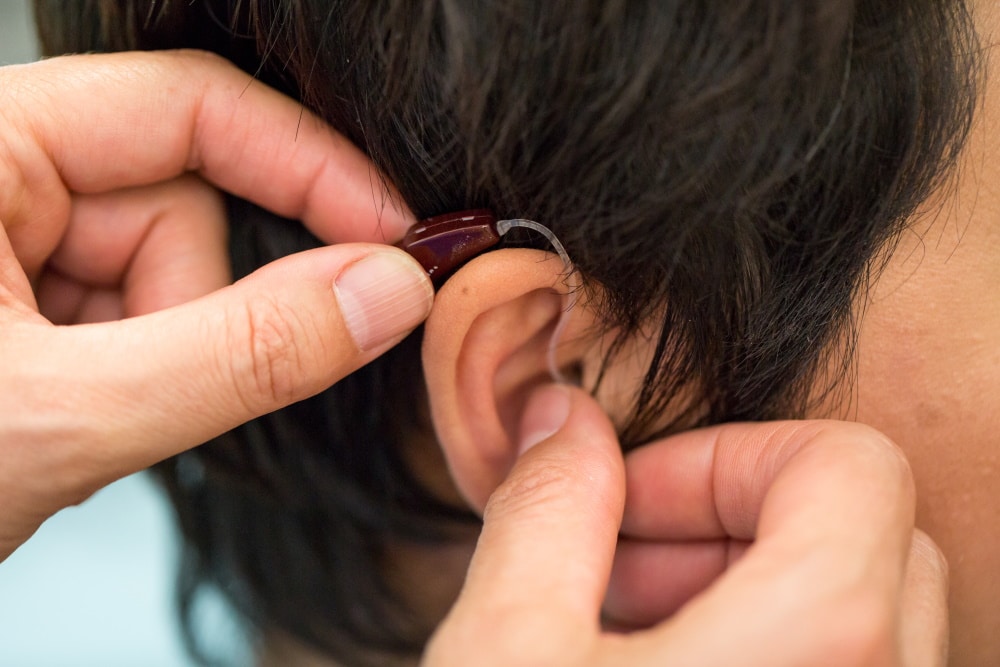
Hearing Aid Fittings
Your fitting package will include an instruction booklet and the accessories needed for maintenance and dehumidification
Read More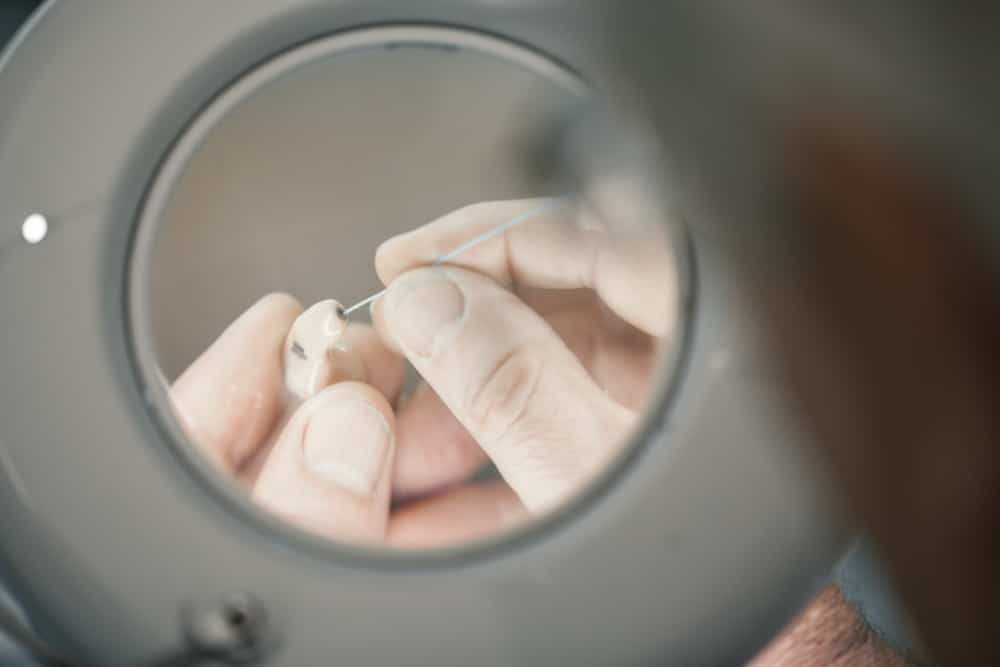
Hearing Aid Maintenance
To minimise the need for repairs and to preserve the life of your hearing aids, regular and thorough maintenance is essential.
Read More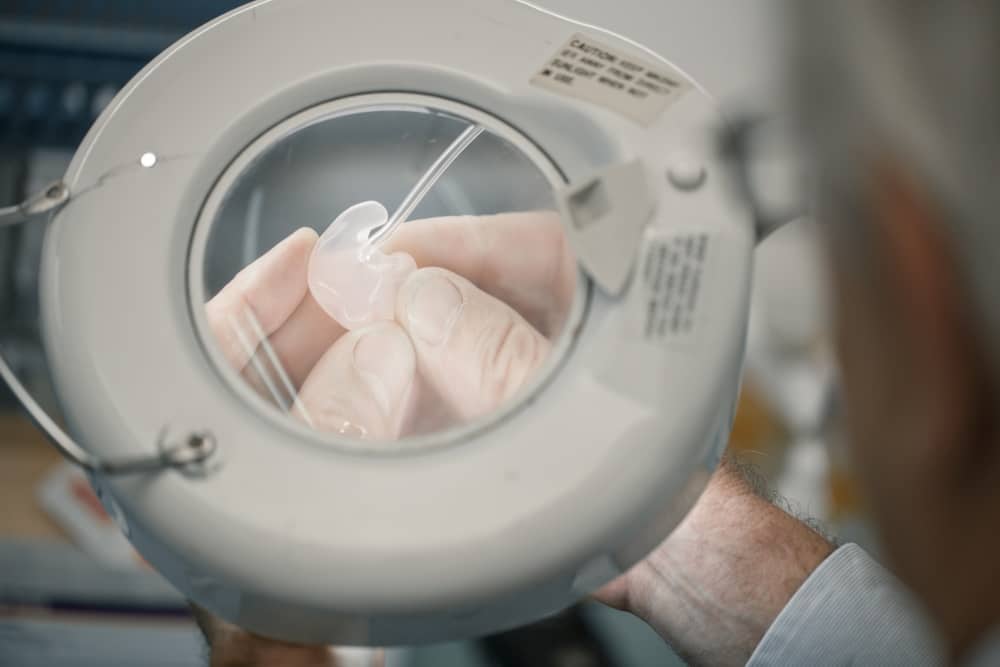
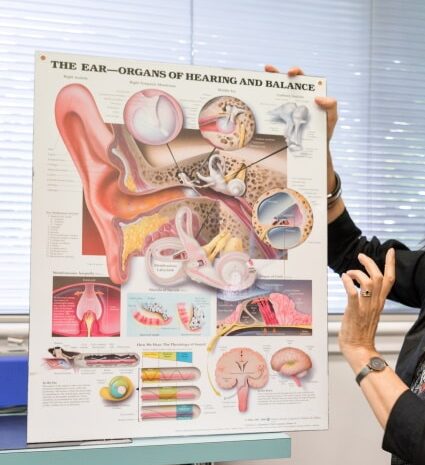
Hyperacusis & Misophonia
Both conditions have the potential to escalate, so that an increasing range of sounds become intolerable.
Read More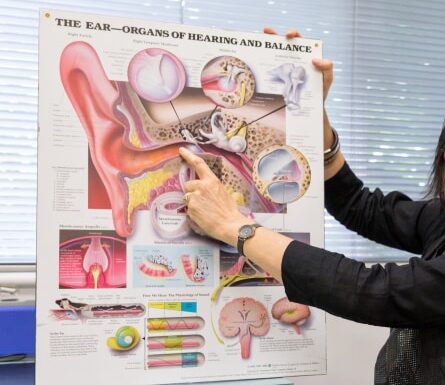

Misophonia
Misophonia is a strongly aversive response or abnormal sensitivity to certain specific sounds
Read More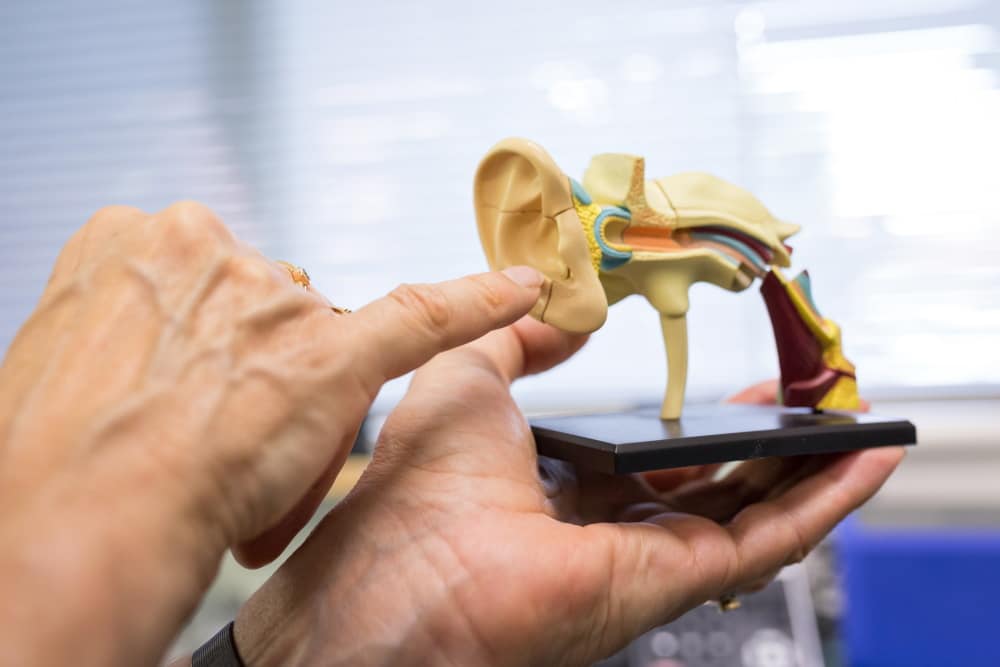
Tinnitus
Tinnitus is the term used to describe hearing any sounds which are not present externally.
Read More
Acoustic Shock
Acoustic shock is an involuntary fright/psychological trauma reaction to sudden, loud noises.
Read More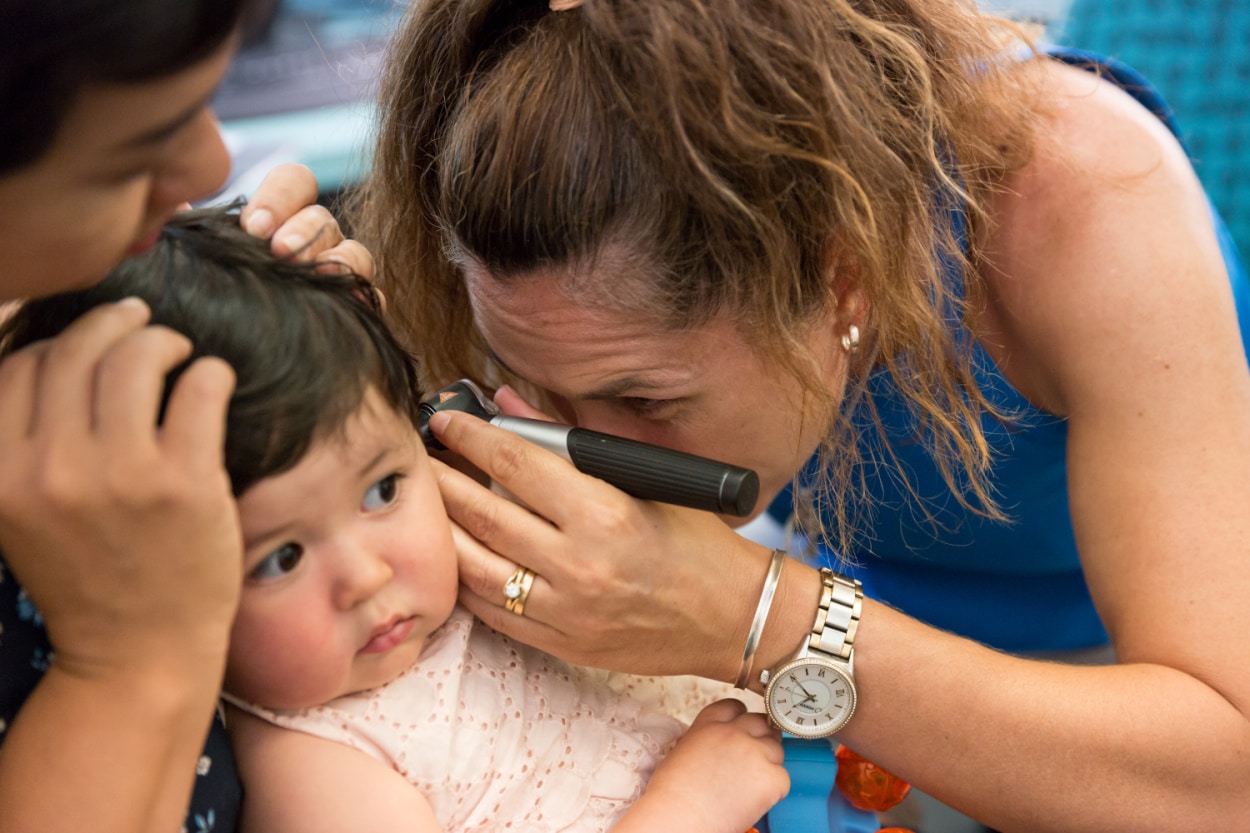
Hearing Tests for Kids
Hearing difficulties in school age children are known to have a significant impact on their social, behavioural and academic growth.
Read More
